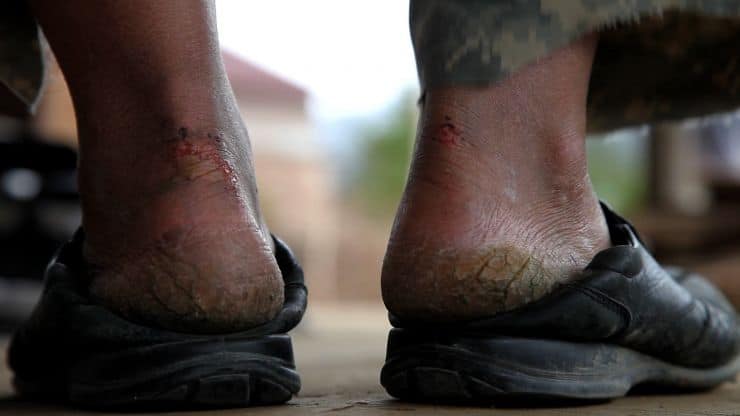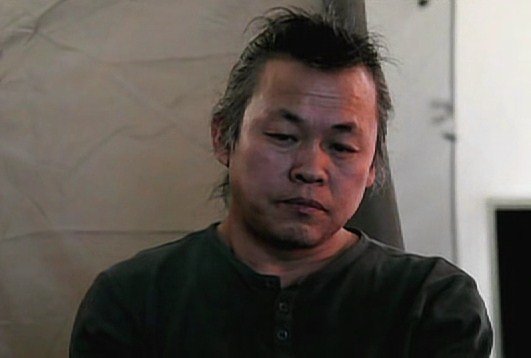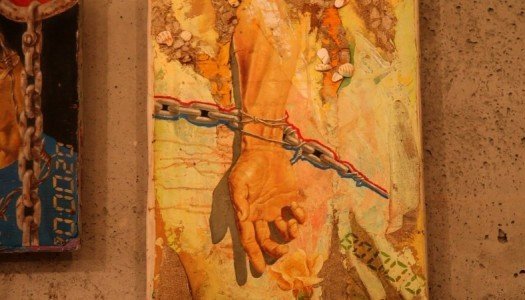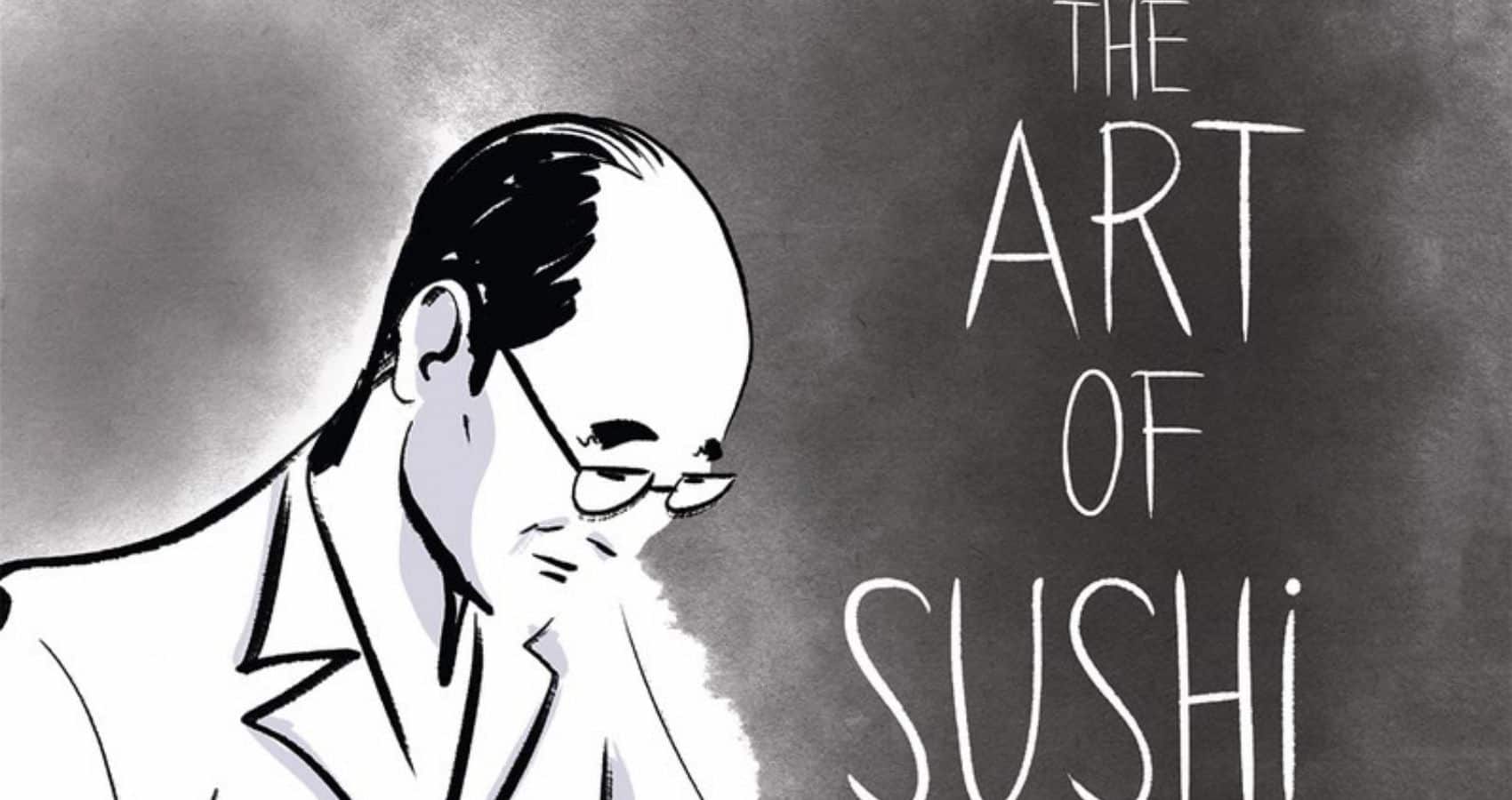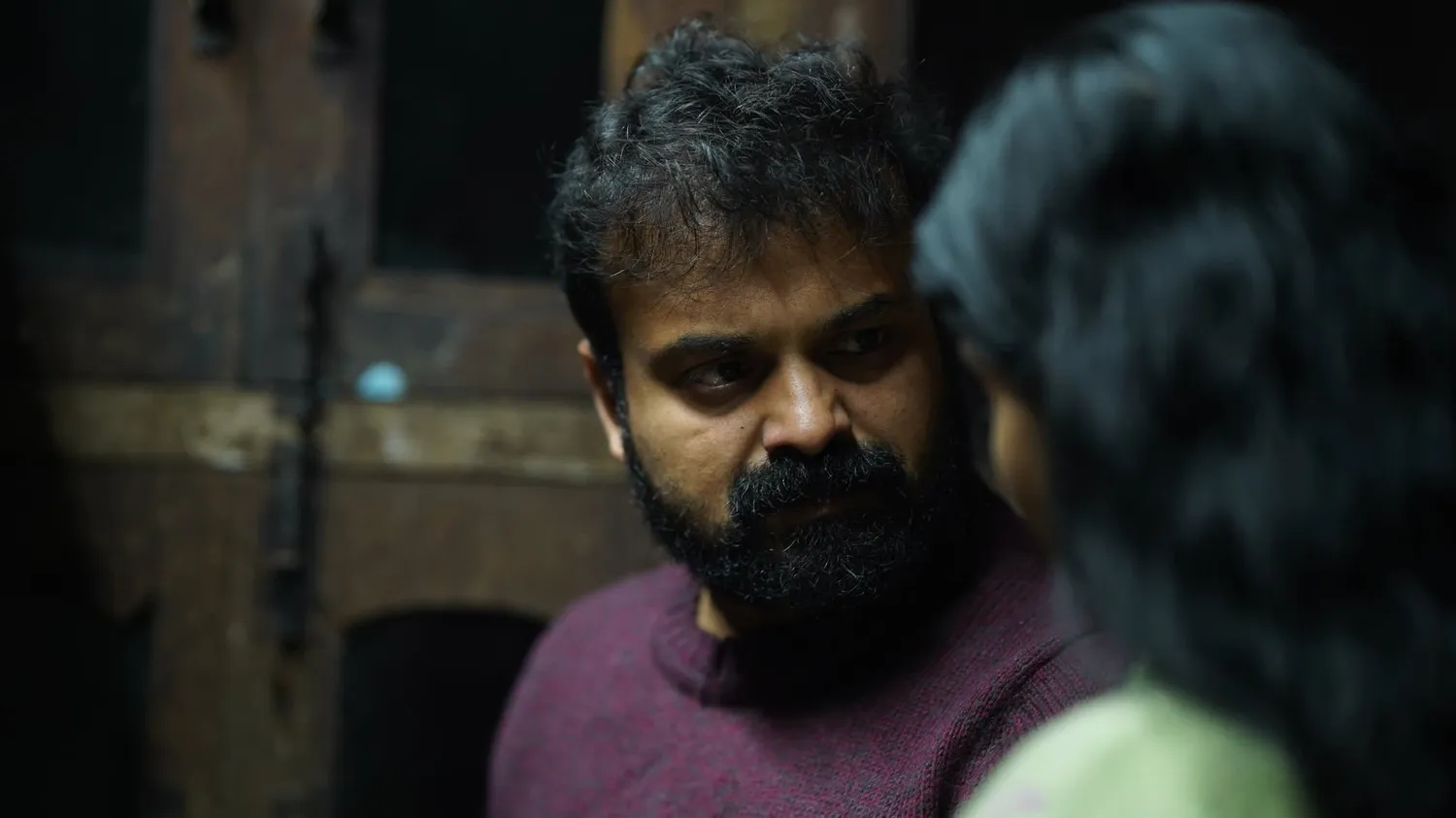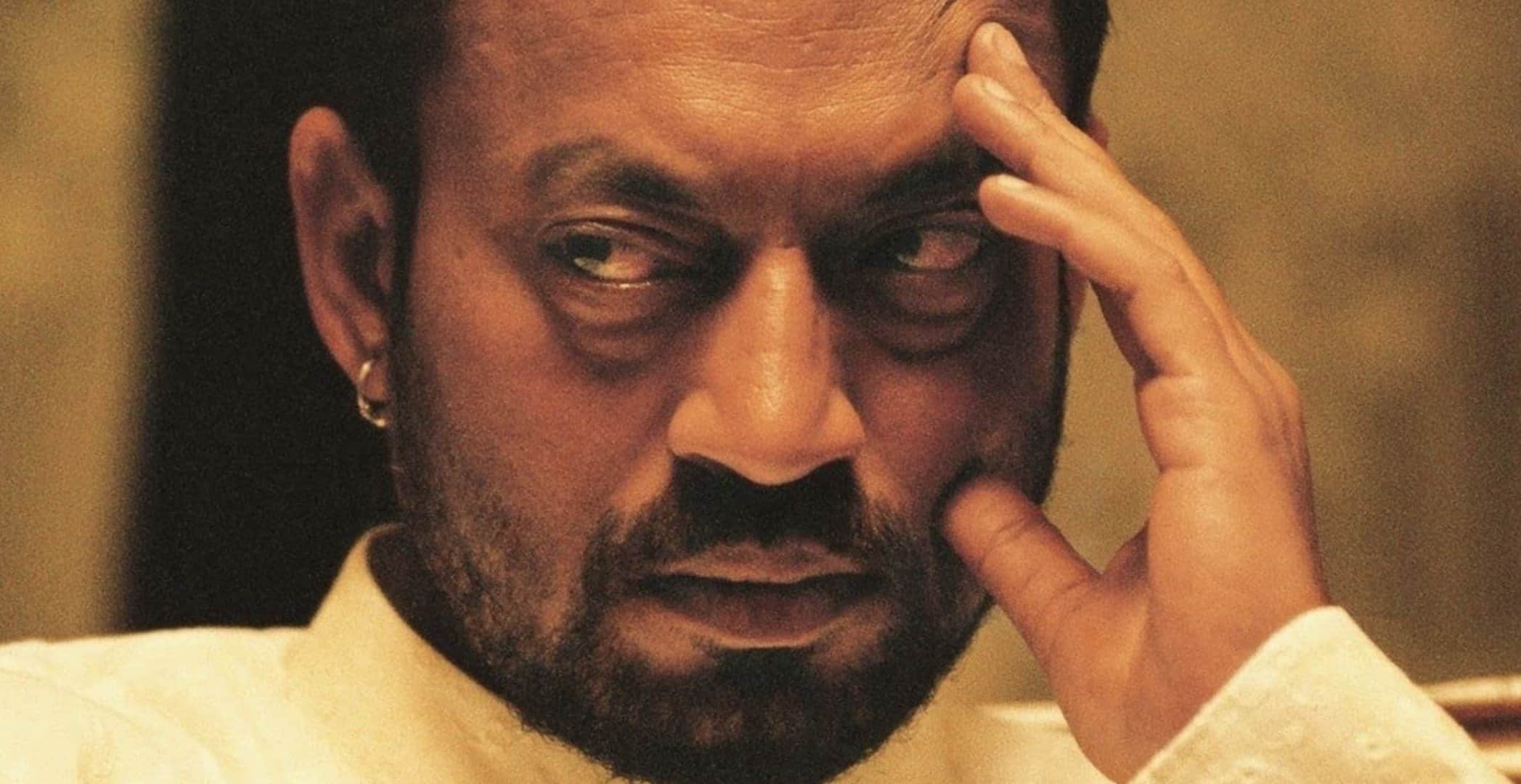“Arirang” is the utmost personal production of Kim Ki-duk since he directed, wrote and edited it but more importantly, it is a documentary or a drama as he calls it, about himself. The documentary, which takes its title from a popular Korean folk song, won the Cannes' Un Certain Regard Prize.
Buy This Title
The documentary features only Kim Ki-duk speaking to the camera and to himself. It's stripped of any music with the only vivid sound being the mewing of a stray ginger cat that keeps Kim Ki-duk company. During one of Kim Ki Duk's monologues in which he scolds himself, the audience learns the reasons that led the director to isolation for three years after 15 successful films – an accident involving the lead actress on the set of the 2008 fantasy drama “Dream” which almost cost her death, and the betrayal by his assistant directors.
It's quite impressive that when unfortunate events happened, Kim Ki-duk chose to stay away from the world and the film industry but at the same time he could not and did not stop doing what he loves, and that is making films. The difference now is that he is not behind the camera but in front of it. As Kim Ki-duk says in the documentary, he feels unable to produce a movie again, but creating movies is what gives him happiness and for this, he decided to make one about himself and his isolation in a wooden house in the mountains. Furthermore, what is memorable is the emphasis that he gives to his scalped and wounded foot in some scenes and on the poster. Maybe, as an attempt to show his imperfections or the hardships that he went through especially during “Spring, Summer, Fall, Winter… and Spring”'s filming.
On a final note, it's quite bold for a filmmaker to create a documentary about his isolation, struggles, fears and self-reflection and Kim Ki-duk is that kind of filmmaker. He can expose his inner-self, leave the past and return stronger. Everyone who is familiar Kim Ki-duk's movies should watch this documentary if they want to know the soul of this filmmaker, but with a critical eye, since as Kim Ki-duk says: ''Maybe l cried before to draw out dramatic emotions. l could've been acting.''


